Risking Everything: The Fight for Black Voting Rights
Introduction by Scholar-Griot: Mia Phifer
Editor: Dr. Robert S. Smith
Introduction
When we think of the Civil Rights era, it is easy to recall the names and events made famous in our history books. What is undertold, however, are the stories of the thousands of regular, local citizens who risked their lives and livelihoods to fight for basic human rights in this country, including the right to vote.
This gallery revisits the history of fight for Black voting rights, leading up to Freedom Summer of 1964; details the events of Freedom Summer, including the fight for voting rights, as well as creation of Freedom Schools and a new political party in Mississippi; connects the fight for voting rights to Milwaukee and Wisconsin, where America’s Black Holocaust Museum (ABHM) and the Wisconsin Black Historical Society & Museum (WBHSM) are located; and it concludes with a discussion of the fight for voting rights today, which is connected to this long and inspiring history.
For sources, this exhibit relies heavily on the archival research of Michael Edmonds, who utilized the impressive collection at the Wisconsin Historical Society (WHS) for his own research. This collection is one of the most exhaustive in the country documenting the grassroots efforts and local events of the Civil Rights Movement. We have these records thanks to a handful of students working at WHS in the late 1960s who risked their own lives to head down South and collect the stories of hundreds of volunteers, “local people who changed their own destiny.”1
In this gallery, you will learn about:
- movements that were integral in securing the right for Black people to vote.
- the importance of racial reconciliation and healing, as shown through the interracial cooperation of these movements.
- the importance of chronicling history as it is happening, and why the work of institutions like WHS, ABHM, and WBHSM is necessary.
- and that these movements were primarily led and staffed by high school and college students.
We want young people in particular to see themselves in this history. It is important that young people are active in preserving and continue to fight for the right to vote locally, as the fight does, indeed, continue.
1Wisconsin Magazine of History: Volume 97, number 4, summer 2014, page 4: https://content.wisconsinhistory.org/digital/collection/wmh/id/51844/rec/11
This virtual exhibit is a collaborative effort between staff of America’s Black Holocaust Museum, the Wisconsin Black Historical Society & Museum, the Milwaukee County Historical Society, and the Wisconsin Historical Society. It coincided with the Freedom Summer exhibit that was on display at ABHM in the fall of 2024, the screening of the PBS’ Freedom Summer documentary, the ABHM Book Club, and with Museum Voter Registration Week(s).
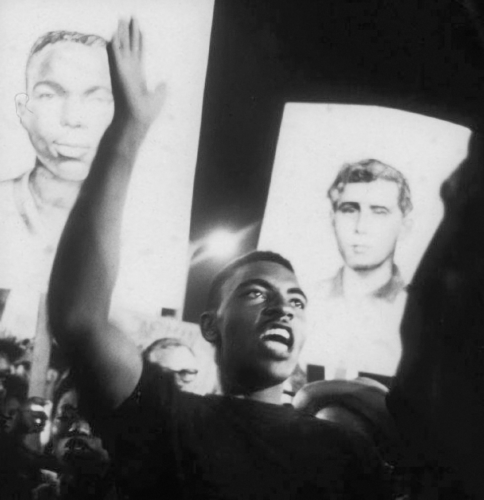
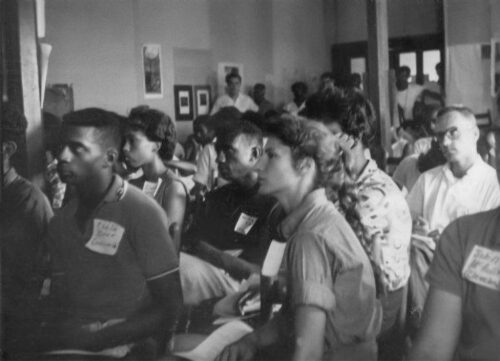
Freedom Summer - American Experience , PBS
Exhibits
Voting Rights Post Emancipation and During Jim Crow
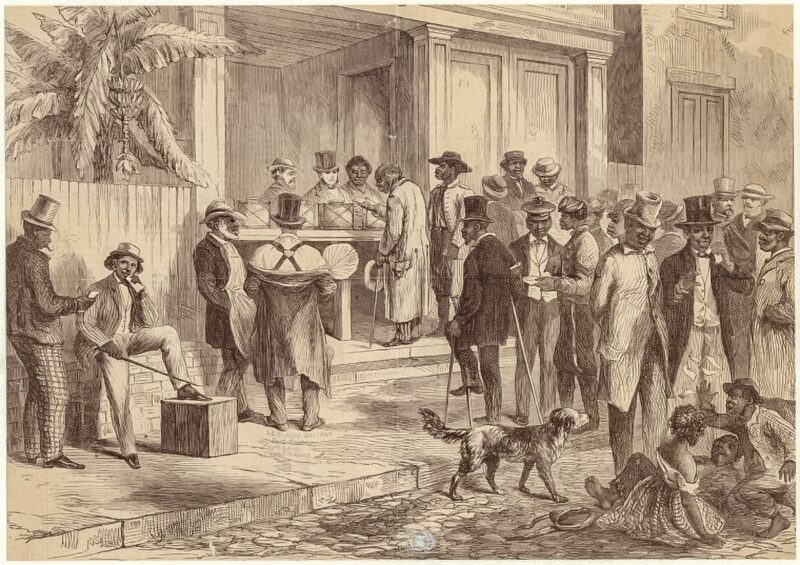
After the Civil War, Congress initiated Reconstruction (1865-1877), a period marked by Black Americans striving for full citizenship, including the right to vote. Over 1,500 Black men held public office during this time. However, the 15th Amendment did not grant voting rights to women, though Black women played vital roles in advocating for suffrage and equality. As Black political participation grew, so did violent backlash from white supremacists, leading to Jim Crow laws that severely restricted voting rights, ultimately fueling the Civil Rights movement.
Voting Rights in Wisconsin and the Impact of Freedom Schools in Milwaukee
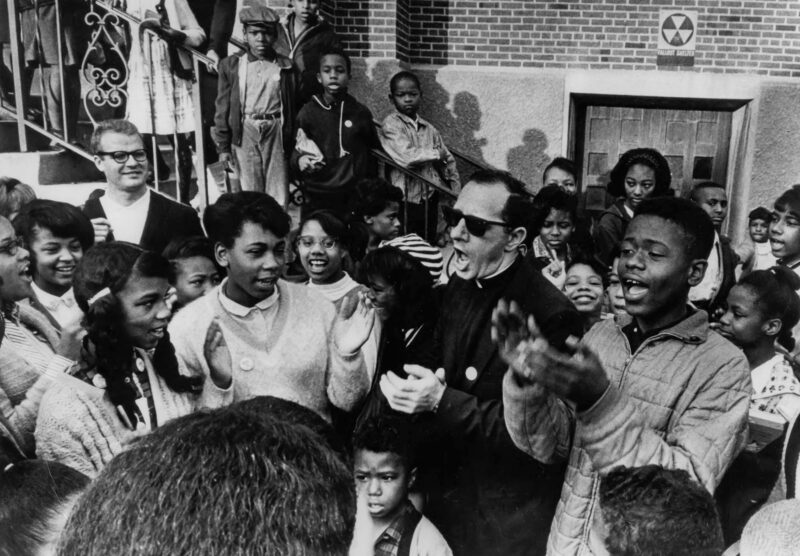
In 1835, Milwaukee held its first election, allowing Joe Oliver, a Black cook, to vote despite lacking legal rights. This unique situation marked an early inclusion of Black voices. Although a 1849 referendum granted voting rights to Black men, it wasn’t enforced until 1865 when Ezekiel Gillespie’s lawsuit led to a Wisconsin Supreme Court ruling affirming their right to vote. This struggle for suffrage laid the groundwork for later civil rights movements, including the establishment of Freedom Schools in both Mississippi and Milwaukee.
More Information, Sources and Contributors

Sources and additional information for the exhibits in the gallery, “Risking Everything: The Fight for Black Voting Rights,” can be found here.
Freedom Summer Music
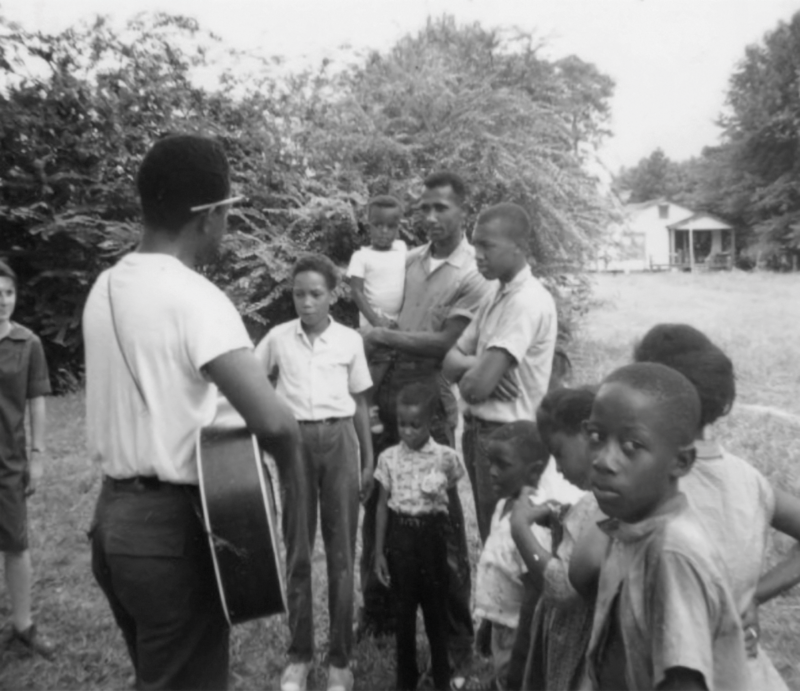
During Freedom Summer, protest songs played a vital role in energizing activists at mass meetings, Freedom Schools, and marches for the Mississippi Freedom Democratic Party. These songs united people spiritually amid the threats of violence. They reflect the activists’ anxieties and determination to achieve their goals. Today, these powerful anthems continue to inspire and motivate those fighting for justice, echoing the spirit of the movement.
Freedom Summer
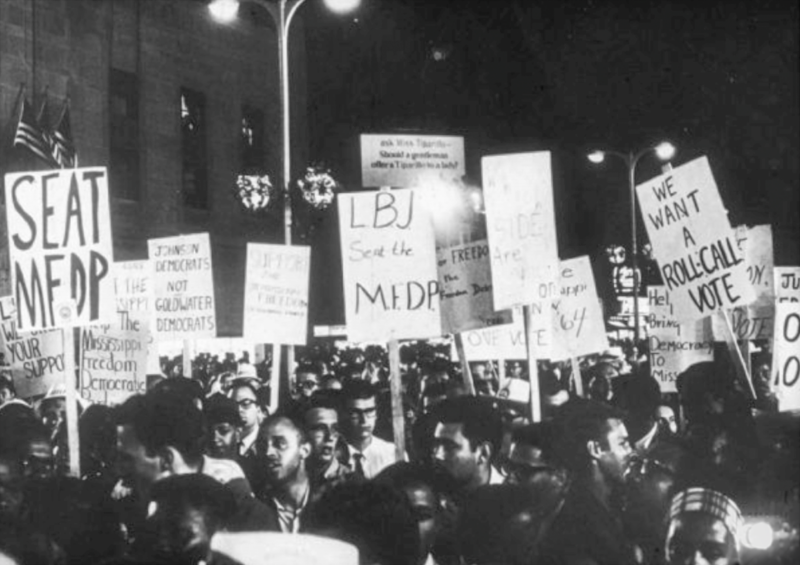
Despite the federal mandate for desegregation after the 1954 Brown v. Board of Education decision, many Southern local governments resisted compliance, perpetuating racial segregation and disenfranchisement. In the summer of 1964, the Student Nonviolent Coordinating Committee (SNCC) led a significant voter registration drive in Mississippi, supported by various civil rights organizations. This effort also established Freedom Schools and the Mississippi Freedom Democratic Party (MFDP), which aimed to challenge the all-white delegation at the Democratic National Convention, laying the groundwork for the Voting Rights Act of 1965.
Fight For Voting Rights Today
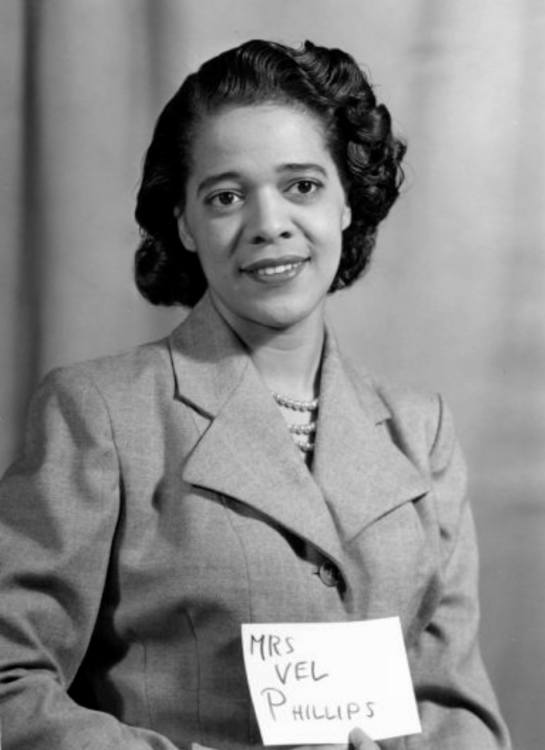
Progress in voting rights has been hard-won, thanks to the dedication of civil rights volunteers, especially in Mississippi. Their sacrifices led to increased voter engagement and a rise in Black elected officials over the last 60 years. Notable figures include Barack Obama, Shirley Chisholm, and Vel Phillips, who have paved the way for future generations. While significant strides have been made, challenges remain, underscoring the need for ongoing efforts to protect voting rights and ensure accessibility for all.